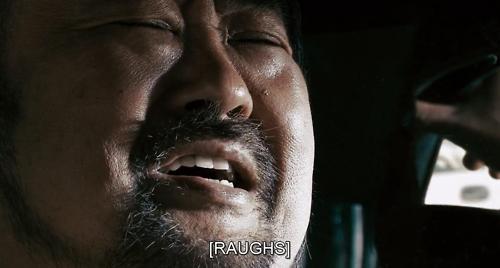
Legal Marijuana Killing Demand for Brick Weed | High Times
You really have to appreciate the bleatings of law enforcement as their cash cow of marijuana arrests slowly becomes extinct. All those statistics-padding low-level marijuana arrests, with their attendant asset forfeitures, overtime pay, and federal grants, have all but disappeared in Colorado and Washington and are turning into arrest-free fines in places like Maryland. So terrified are the police of being forced to apprehend real criminals and do real work that they sometimes can’t even keep their own scaremongering straight.
The latest example is in the Colorado Springs Gazette (motto: “The Colorado Newspaper For Real Americans Who Don’t Believe That Commie Liberal Pot-Loving Denver Post”) where an article entitled “Law enforcement from neighboring states agree, Colorado has strongest marijuana in the world” features cops from Nebraska and Oklahoma wailing about the “skunk” marijuana from the Centennial State.
“There is no place in the world where you can buy as strong marijuana legally as you can in Colorado,” said the sheriff of Scotts Bluff County, Nebraska. “It’s the most powerful stuff you can find.”
“It’s some of the most powerful marijuana we’ve ever tested,” said a spokesman for the Oklahoma Bureau of Narcotics and Dangerous Drug Control. “Some of the most powerful marijuana we have found on earth is coming out of California and Colorado. It’s frightening.”
Frightening? According to Genifer Murray, founder and CEO of CannLabs Inc., average marijuana potency has risen. “Since we started testing years ago, the numbers are exponentially higher. In the 1980s, it was 3 to 5 percent. Now we have seen our highest pot for THC at 29.4 percent.” Not that you couldn’t have found some, say, Mauie Wowie or Acapulco Gold testing in the high teens or even lower twenties for potency back in the day… it’s just you really had to look for it.
But is higher potency something to be frightened of? Dr. Carl Hart has for years been working with subjects smoking marijuana in a lab. He explains that the immediate effect of marijuana smoking leads users to titrate their dose -- they smoke until they feel high. He says when he gives them a joint of low-THC marijuana, they smoke it all. “But when you increase the THC, half the cigarette comes back,” says Dr. Hart. “They don’t smoke it all.” However, recent research in Holland has shown that while tokers using higher potency marijuana do smoke less, they still inhale on average more total THC than tokers of low-THC joints.
Something people definitely should be frightened of is Mexican drug cartels. They will bribe, extort, torture, and murder people to bring their low-grade Mexican brickweed into the United States for sale. Without any hint of irony, the cops tell the Gazette that this powerful Colorado weed is having an economic effect on the Mexican cartels. “People don’t want the Mexican pot any more,” says the Nebraska cop. “The Colorado pot is way better.”
The Oklahoma cop agrees. He explains how the Colorado pot is more professionally wrapped in air tight, clear packaging, unlike the compressed dry bricks of weed the Mexicans produce. An ounce of Colorado pot is going for $400 in nearby states while the Mexican brick sells for $100 to $150.
Naturally, the cops don’t see squeezing out the Mexican cartels with taxpaying, law-abiding, job-creating Colorado businesses as a good thing. “Expect to see Mexicans come into the picture if they see an opportunity,” said Tom Gorman, director of Rocky Mountain High Intensity Drug Trafficking Area. “It’s a great resource for them, there’s little danger involved and extortion is one of their big ways of making money.”
But how does that work? Anyone involved in Colorado’s legal marijuana industry undergoes strict background checks and residency requirement. They can’t peddle their brickweed in a brick-and-mortar dispensary, besides the fact nobody would buy it. Do they have to kidnap some American dispensary owner’s kids and extort him to let them run his dispensary? If so, why could they not do that to any other legitimate business?
If you’re not biting on the Mexican cartel scare, perhaps you’ll bite on Big Tobacco. “It’s either going to be the cartels or it’s going to be the tobacco industry,” continued Gorman. “There’s a lot of concern about that. You don’t think some of the tobacco companies aren’t looking at this as the next tobacco industry?”
But how does that work? Marijuana is still federally illegal and if you haven’t noticed, the government is real keen on hauling Big Tobacco into court and exacting massive settlements from them. The minute a multi-national tobacco corporation touches a Schedule I drug, there are going to be subpoenas, charges, and lawsuits to bear. The only way around that is getting into the medical research side of cannabis, and Big Pharma’s not going to let Big Tobacco in on its turf. Until federal prohibition ends, Big Tobacco’s hands are tied while Little Marijuana grows state by state. By the time the feds end prohibition, Little Marijuana has become Big Marijuana and will have most of the market cornered -- there won’t be much for Big Tobacco to horn in on.
Stop for a second and consider the counterpoint to the cops’ fears. Are they really arguing that we’d be better off with marijuana criminalized in all fifty states and cartels, criminals, and kids firmly in control of the marijuana market?






